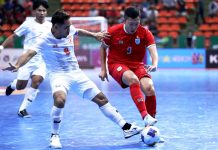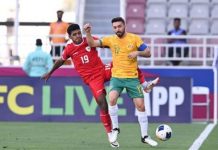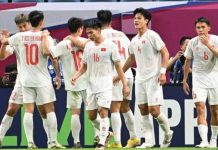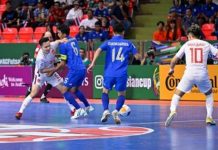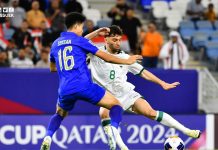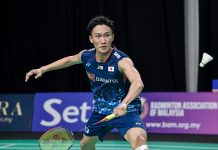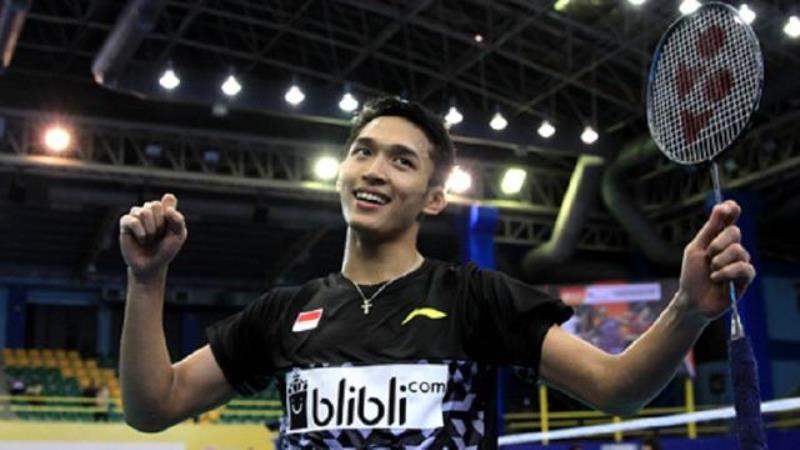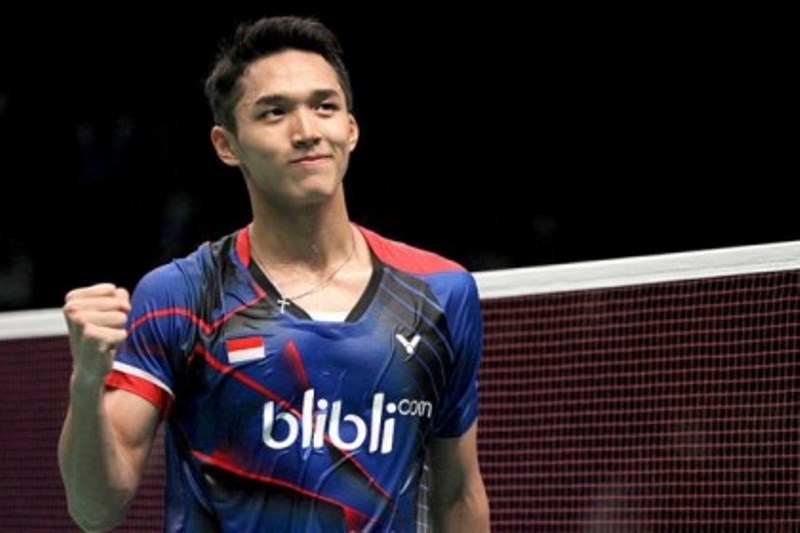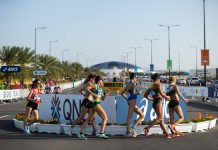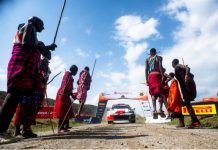
When England face Fiji in the World Cup opener, Wasps backrower Nathan Hughes (main pix) will be cheering for his native Fiji while counting down to 2016 when he becomes eligible to play for England.
He is symbolic of crowd-pleasing players from Fiji, Samoa and Tonga whose skills attract lucrative contracts from around the world which the cash-strapped island nations cannot hope to match.
Hughes, also eligible to play for his mother’s homeland Samoa, may be passionate about Pacific rugby but the powerful 23-year-old turned down the opportunity to play for Fiji at the World Cup.
Instead, when he completes his three-year residency next year, he could earn well in excess of £100,000 ($154,000) a year playing for England, in addition to his lucrative club contract, while the islands offer little more than expenses.
As ever the Pacific Islands’ treasure-trove of talent is plundered by wealthy clubs and they get little in return.
They are not wanted in the Super Rugby and Rugby Championship competitions, largely overlooked in the June Test window and European clubs are reluctant to release players for the November Test series.
Yet despite a limited diet of Tier 1 Tests, Fiji, Tonga and Samoa all rank in the top 12, and International Rugby Players Association executive director, Rob Nichol, says it is time they received a better deal.
The 2015 World Cup is projected to make £150 million and Nichol, a strong critic of the way funds filter down to players, wants some of that set aside so players are not out of pocket when they take a hit on their club contract to play for their country.
“There needs to be a concept to take some of the World Cup proceeds and put them in a special fund to pay (island) players for playing for their country,” he said.
“So the players can rely on getting it. They will know it’s going to get paid and they can factor that into their contracts.”
When the players earn big money overseas they come under pressure from their paymasters to put club ahead of country or to switch national allegiance.
In 2013 there were 272 players eligible for Fiji, Tonga and Samoa who were playing off shore but only 198 were actually available as 74 had aligned themselves elsewhere.
Former Samoa and London Irish lock Dan Leo estimates overseas-based islanders lose 40 per cent of their salaries if they insist on being available for their countries.
World Rugby is tackling part of the problem by reviewing the three-year residency rule.
Nichol opposes any extension because of a possible social cost to the islands where families rely on repatriated funds.
“As a result of extending (residency) to five years it may become less attractive, and down the track you will have fewer (island) players playing rugby,” he argues.
However, Fiji coach John McKee, keen to protect his emerging talent from off-shore raiders targeting rising 18-year-olds, wants the residency rule extended.
“There’s a massive threat to the Pacific Islands with players moving offshore,” he said, with Hughes one player he would have welcomed having available, although he is aware of the financial pressures involved.
“Our (overseas-based) players mostly don’t get paid by their clubs when they are away on national duties and for those players there is a financial sacrifice to come and play for their national team.”
Former All Blacks great of Samoan heritage, Bryan Williams, said island rugby could have received a substantial cash injection if a team or teams were included in Super rugby.
“If they’re not in a mainstream competition, not part of Super Rugby, that’s a disadvantage. They don’t get access to the same sort of money from TV income as the others,” Williams.
“They get to play in Europe and earn good money and become good professional players. But then there are problems with (World Cup) preparation because they come together from different styles of play, different coaching methods.”
In the four years since the last World Cup, Samoa have played 24 Tests of which 10 were against a Six Nations or Rugby Championship side. Fiji’s record is 27-6 and Tonga 22-5.
By comparison, New Zealand played 47 Tests, all but three against sides in the two main competitions, while for England it was 41-2 and France 39-3. – Agence France-Presse



